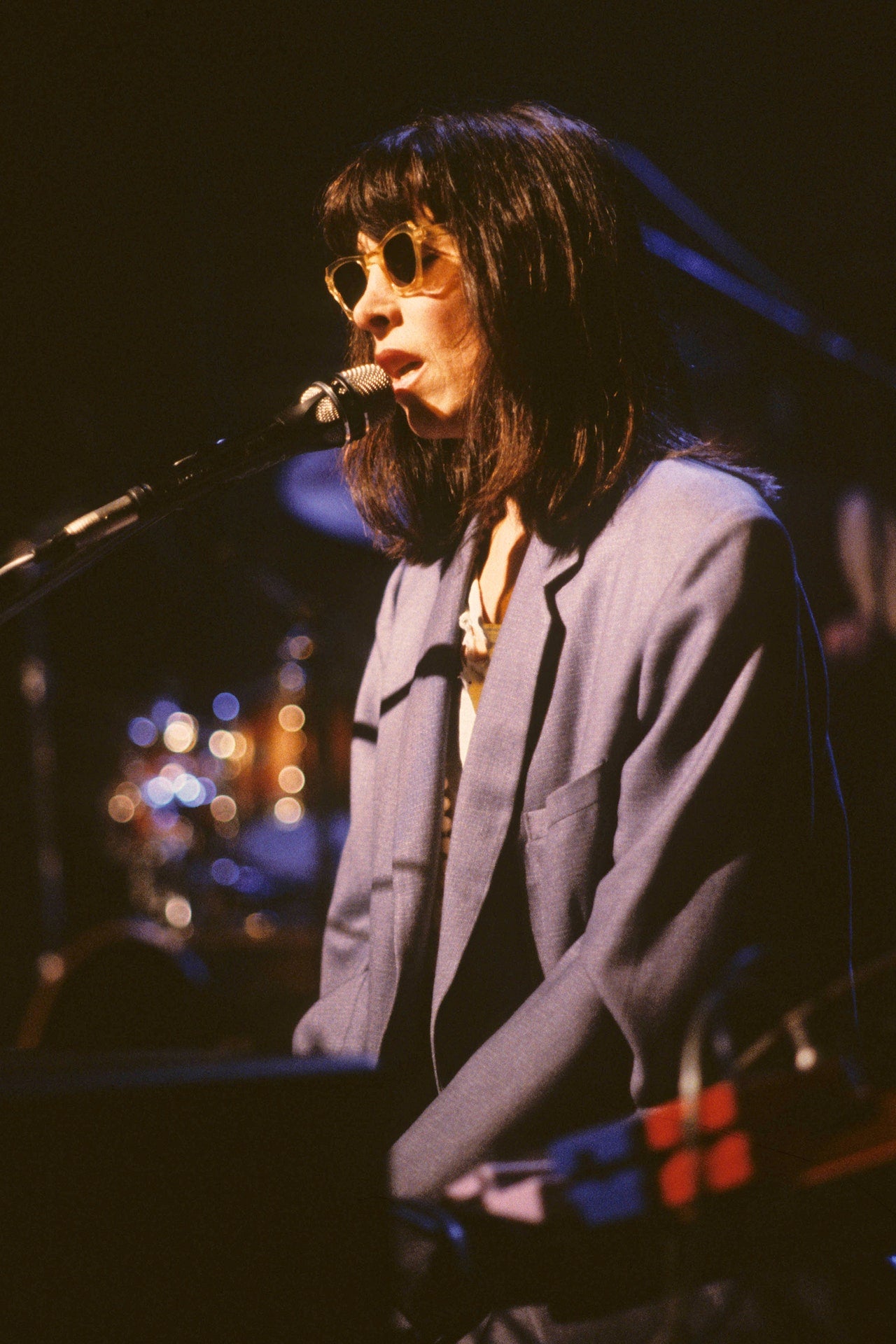Anette Peacock is probably the most remarkable — and mercurial — living singer and composer you’ve almost certainly never heard. It's really not too much of an exaggeration to consider her as a contemporary Renaissance woman - multitalented, multifaceted and certainly with a high degree of charisma, both personal and musical.
” The freedom isn’t a comfortable place to be. I missed the Beats, and I made up my mind that I wasn’t going to miss another movement. I wound up moving too fast and being ahead of the movements in the music thing. So that’s another problem.”
Since 1960´s she was becoming a pioneer many times over. She is a ´natural´ musician and piano player but along with Paul Bley she already began the use of electronics in jazz and improvised music, combining her voice with one of the first Moog synthesizers. With time she started to move away from strictly jazz towards rock, denying any jazz at all. But she remained a highly original and singular composer, defining a liberated style of confessional, loosely flowing songs. And from the very beginning of her career she treated musical idioms as if they simply did not exist, back when that was far from common practice.
So how come we know so little about her ?
Perhaps it’s because what she was doing in the eighties was entirely D.I.Y.—self-produced and self-released. I quickly learned that a big reason was lack of availability. None of Peacock’s albums from the eighties are in print on any physical format, nor are they available on the major streaming platforms. If you look up Annette Peacock on Spotify, you’ll find three albums from the seventies and one from 2000, but nothing in between.

To say that the world was restless in 1941 when the artist in question was born would be something of an understatement. Cultural change and radical self-awareness played no small part in the contemporary history of the world at war and after.
At 19, then an aspiring actress, she married the bassist Gary Peacock, who performed and toured with Albert Ayler, one of the most influential tenor saxophonists on the jazz avant-garde. In the eighties she started her own label called Ironic Records, which was distributed by socialist- anarchist- punk collective - ROUGH TRADE.

There’s something else about these eighties albums of Annette Peacock that hid them from our post-punk view, however: they belong to no particular genre. And the truth is that each listener of this music would describe it very differently. Ultimately, that is, I believe, its most defining characteristic. This is music that doesn’t traffic in cliché, not even a bit. And what’s a rock writer to do without at least a bit of cliché?
She was there right at the start like Patty Waters and Yoko Ono were, she is also here right now, as immediate and deserving of attention as could be, and taking the open minded listener into her vision of the future. She’s still hearing new directions and wants to share them with you.


